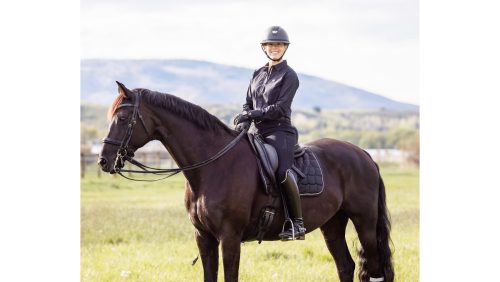The equine herpes virus, EHV-1, can spread through the air from the respiratory route of affected horses. Transmission can also occur through contaminated equipment, clothing and hands.
Owners with sick horses should contact their private veterinarian to examine and treat their horses. Veterinarians suspecting EHV-1 with neurological signs are advised to contact state officials and follow protocols for collecting and submitting appropriate samples for laboratory diagnosis.
ADVERTISEMENT
Horse owners in the impacted areas in Florida are being asked to follow biosecurity measures until the virus is controlled. The measures are:
- Have temperatures taken a minimum of twice daily, with a temperature log being maintained on each horse. Horses with fevers greater than 101.9 or 1 degree above their normal temperature should be reported to the stable\’s veterinarian. The horse should be isolated, and EHV-1 samples should be taken by the stable veterinarian.
- Limiting admittance of people into the barn area to only necessary personnel.
- When entering or exiting a stable or barn use footbaths to disinfect outer foot wear and wash hands.
- Washing hands with soap and water or using a dry disinfectant after handling each horse.
- Minimizing the use of shared equipment. Equipment such as water buckets, lead ropes, grooming equipment, etc. should not be shared between horses. These items should be labeled as belonging to an individual horse. Other equipment such as twitches, shovels, forks and bits should be disinfected daily and between each use.
- Care should be taken when filling water buckets and feed troughs. Neither the hose nor the feed scoop should have contact with an individual horse\’s bucket or trough.
- Multi-dose oral medications should not be shared between horses.














